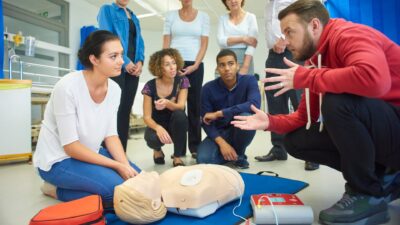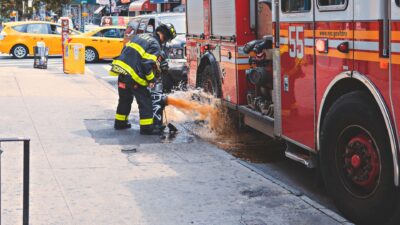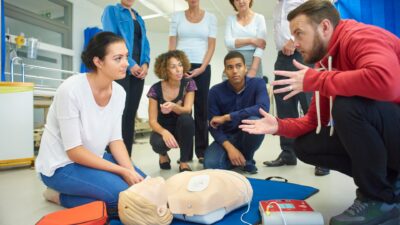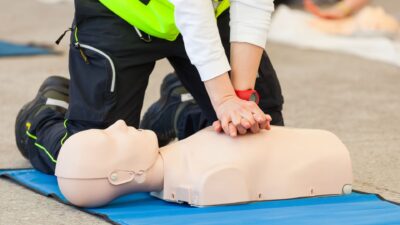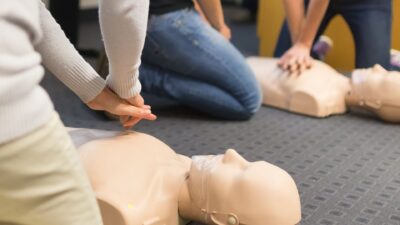
CPR Certifications for Physical Therapists In Boston
In the vibrant and medically advanced city of Boston, physical therapists play a crucial role in the healthcare ecosystem. With a commitment to patient care and rehabilitation, these professionals often find themselves in dynamic environments where emergencies can arise without warning. Therefore, possessing CPR certifications is not just a regulatory requirement but a critical component…
Read More